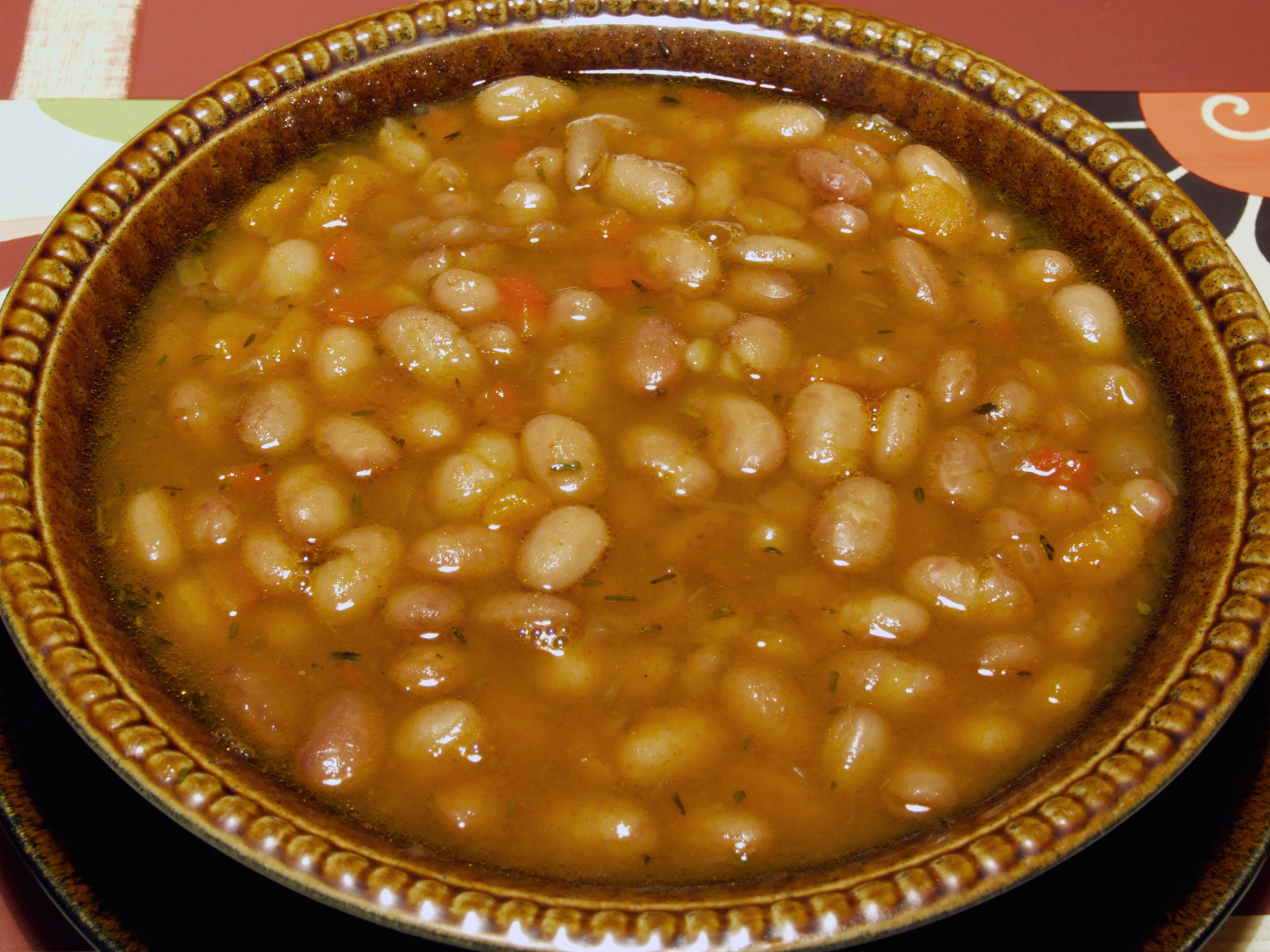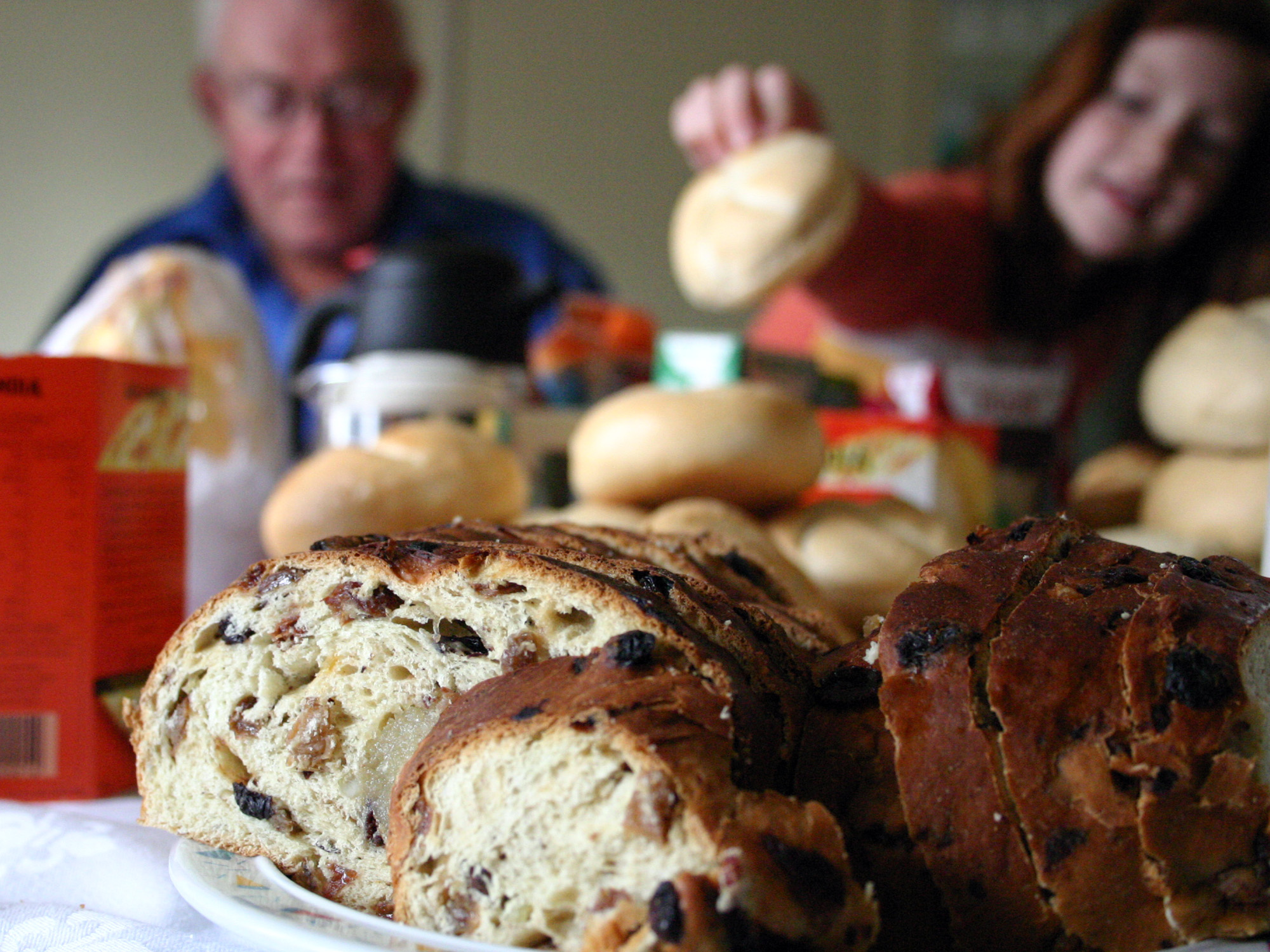Start your own Stoic Journey
Start your own Stoic Journey now and receive articles and advice right in your inbox. Don’t wait: take action now to Get Happy and Flourish!
-

Epictetus part 38: Watch your mind
Stoicism is a way of life that stresses the importance of clearheadedness and mental vigilance. We should always be aware of what we are doing, why we…
-

Voluntary Discomfort
Voluntary discomfort means: putting ourselves in situations that we don’t particularly like, in order to grow beyond them. In this article, let’s take a look at what…
-

Epictetus part 37: Choosing the right role
Don’t bite off more than you can chew: that is basically the message that Epictetus is conveying in the thirty-seventh chapter of the Enchiridion. While we all…
-

Epictetus part 35: Don’t be ashamed to do right
A Stoic always does what ought to be done (i.e. what is virtuous). To him or her, it does not matter what others think. It if is…
-

Epictetus part 34: Restraint
Epictetus makes a strong case for restraining your impulses for experiencing pleasures. On the short term, indulging in a pleasure may feel good, but in the long…
-

Seneca part 23: An Endless Source of Joy
What is the source of a good and happy life? For constant happiness, we have to find a constant life. The person who is always chasing one…
-

Ill and yet Happy
It happens to all of us: we get sick. Sometimes, our body decides it needs a time-out or it simply can’t take all that’s coming to it.…
-

How to get up in the morning
For most of us, getting out of bed in the morning is not the easiest part of the day. When you are tucked in under warm and…
-

Epictetus part 32: Looking into the Future
We all wish to know what the future holds for us, right? And sometimes, people believe they can predict the future. For ages, people have visited oracles,…
-

Epictetus part 31: Piety, Gods, and Nature
In the thirty-first paragraph of the Encheiridion, Epictetus repeats that we must direct our desire and aversion properly: we should live in accordance with Nature. Epictetus links…
-

Seneca part 22: Withdraw from business
Nowadays, most of us work hard to earn money. However: the question we should ask ourselves is this: do we need that money? Will we become happier…
-

Epictetus part 29: Rewards and Sacrifices
Do you want to be an athlete? Or a leader? Do you wish you were a popstar or a famous actor? Do you want to become a…
-

Seneca part 21: Fame and Pleasure
The twenty-first letter of Seneca is a very peculiar one. While Stoics don’t seek fame, Seneca promises Lucilius in this letter to keep his name known after…
-

Epictetus part 28: Don’t Let Others Control You
The twenty-eighth paragraph of Epictetus’ Encheiridion is very powerful. I have always liked this one, because it shows us in a short text what many people -…
-

Seneca part 20: Walk the Talk
Words can be powerful, but actions are what really matters. More and more people call themselves Stoics, yet some might lack commitment in their actions. Seneca, a…



